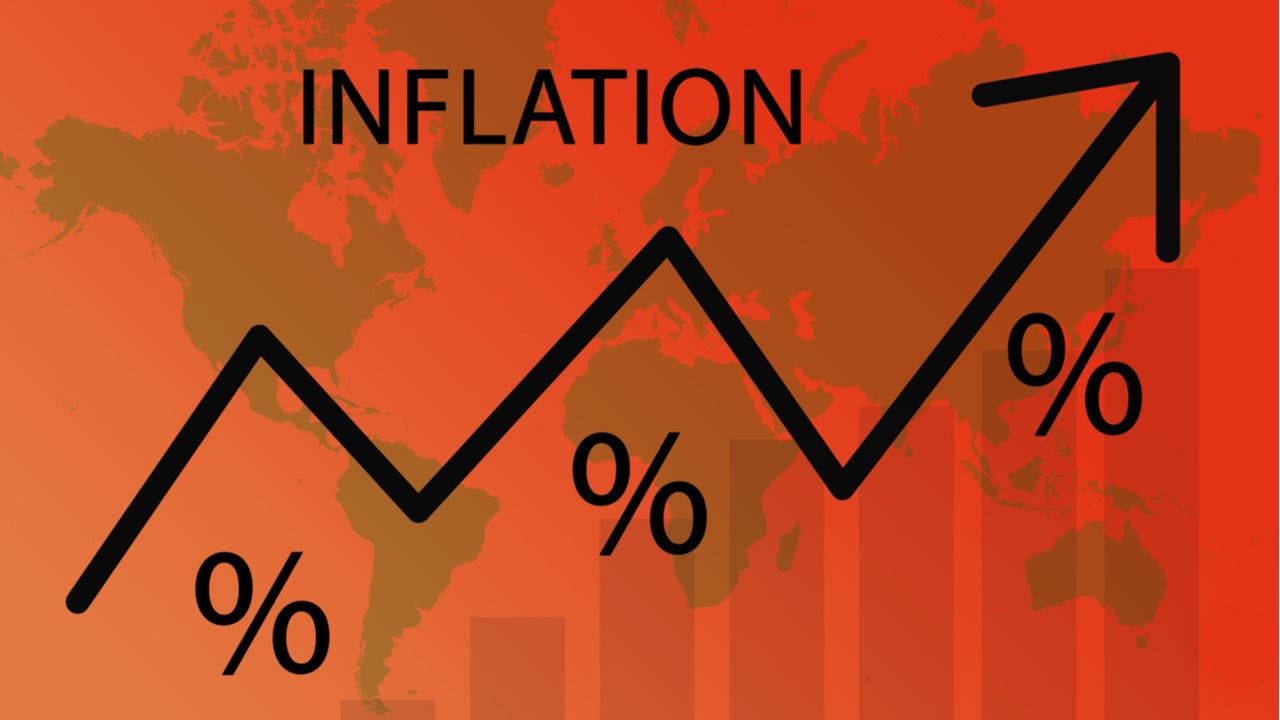Some economists believe that government-imposed pandemic lockdowns and clean energy policies have both constrained output and as a result exacerbated prices increases in advanced economies.
Daniel Lacalle
Daniel Lacalle, chief economist and investment officer at Tressis Gestión, shared an article on central banks wanting the world to believe that current surge in inflation is temporary or due to shortages. However, economists believe that it is primarily due to the soaring demand that is being fuelled by excessive growth incentives and monetary creation unleashed during the Covid-19 pandemic.
Massive government support and monetisation by central banks helped support economies during the recurrent lockdowns imposed during the pandemic. Despite job losses and market incomes, US household wealth increased by $32 trillion since the start of the Covid-19 health crisis, fuelling consumer spending and aggregate demand. Together with an increase in the broad money supply indicated that the inflation is actually driven by too much money rather than too few goods.
According to predictions by the Organisation for Economic Cooperation and Development (OECD), the global economic output is expected to grow at 5.7% in 2021 after dropping to 3.4% in 2020. As a result, both advanced and emerging economies are expected to recover the lost output during the Covid-19 crisis.
Additionally, inflation has been accelerating at the same time that production was recovering in both the US and the European Union (EU), indicating that inflation is not the result of a shortage of goods but an increase in money supply during the pandemic.
"Shortages" Aren't Causing Inflation. Money Creation Is.https://t.co/XlLQjkm5KV
 GlobalData Strategic Intelligence
GlobalData Strategic IntelligenceUS Tariffs are shifting - will you react or anticipate?
Don’t let policy changes catch you off guard. Stay proactive with real-time data and expert analysis.
By GlobalData— Daniel Lacalle (@dlacalle_IA) October 7, 2021
Charles Kenny
Charles Kenny, senior fellow and the director of technology and development at the Center for Global Development, tweeted on the notable shortbread-maker Walker’s warning about labour shortages caused by Covid and Brexit to cost it sales as it aims to recover from its toughest year. Managing director Jim Walker stated that the Moray firm is currently seeking 200 more workers to meet the growing demand in one of its busiest seasons.
Walker’s warning came amid the growing impact of the Covid-19 crisis, US import tariffs, and Brexit, indicating that the firm’s profits had declined by half and its sales dipped by $22m in 2020.
The pandemic and Brexit have severely impacted the availability of workers in the Moray, one of the 32 local government council areas of Scotland. Walker’s is among the largest employers in the region with a workforce of 1,400. The firm shut its factories for three weeks during the onset of the pandemic in March 2020, but retained its workers on full pay.
"World-famous shortbread-maker Walker’s has warned labour shortages caused by Brexit and Covid will cost it sales as it attempts to rebound from its “toughest year in living memory.”"https://t.co/pS13Dbhgle
— Charles Kenny (@charlesjkenny) October 7, 2021
Stephen Gordon
Stephen Gordon, an economics professor at Université Laval, Quebec, Canada, shared an article on Ottawa in discussions to extend pandemic aid beyond the 23 October 2021 date for some emergency wage and rent subsidies. Gordon tweeted that the Canada Emergency Wage Subsidy (CEWS) was expected to support employees during the height of the Covid-19 pandemic, but 18 months later, business and labour leaders are lobbying for a broad extension of the expiring programmes that is expected to go directly to individuals who have lost work during the pandemic.
Dan Kelly, president of the Canadian Federation of Independent Business, stated that the subsidies is based on the revenue losses incurred by businesses, but the maximum amount has declined from 75% of eligible expenses to 20%. He emphasised that the maximum should return to 75%, and that all Covid-impacted businesses should be entitled to these subsidies.
Direct payments to individuals and businesses formed a majority of the federal government’s emergency spending during the Covid-19 crisis, leading to an estimated federal deficit of $354.2bn in 2020 and a projected $154.7bn deficit in 2021.
CEWS was intended to maintain employment relationships during the height of the pandemic. 18 months out – the business community is lobbying to be subsidized to the tune of 75% of their payroll. And all this in the middle of a so-called "labour shortage."https://t.co/6CWnqcvddr
— Fabian Lange (@fabolange) October 7, 2021




